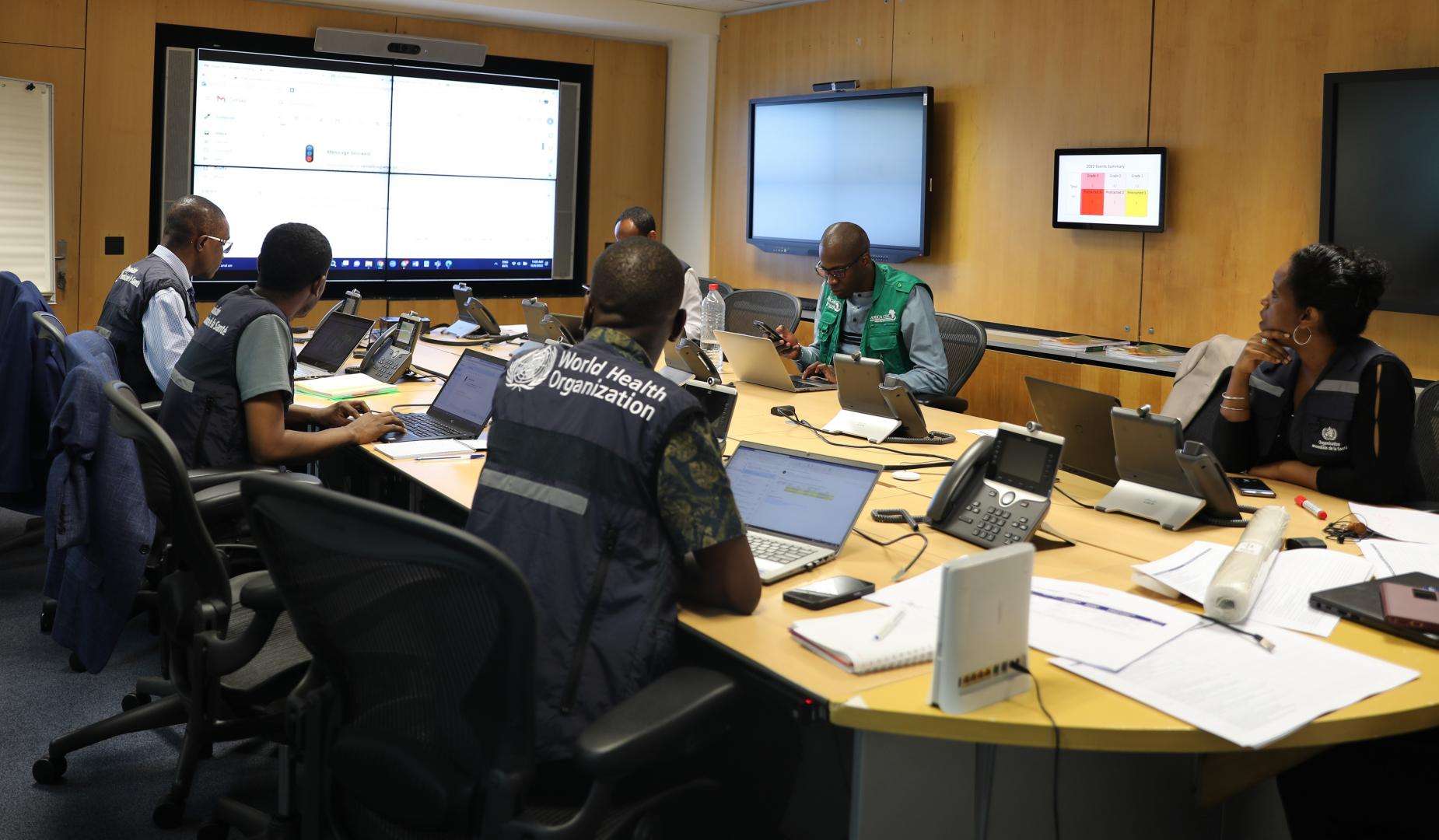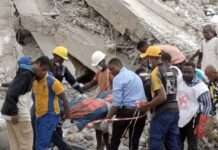
The World Health Organisation (WHO) Regional Office for Africa, in collaboration with other international health bodies, has launched the largest public health emergency operation centre (PHEOC) simulation exercise in Congo.
The unveiling which took place on Wednesday, 6 December, 2022, was in collaboration with the Africa Centres for Disease Control and Prevention, the West African Health Organisation, the United States Centres for Disease Control and Prevention, the UK Health Security Agency, the Robert Koch Institute, and the Bill and Melinda Gates Foundation, is to increase preparedness to public health emergencies response.
This disclosure was made on Tuesday at the WHO Regional Office for Africa by the health organisation's Regional Emergency Director, Dr Abdou Salam Gueye.
By simulating the early detection of an Ebola outbreak in a hypothetical nation and its subsequent spread to numerous nations across the region through international travel and trade, the exercise aims to evaluate and enhance the effectiveness of nations' public health emergency management structures.
“With more than 100 public health emergencies reported in the African region each year, the heaviest burden globally, it is critical to ensure that robust, coordinated structures are in place to respond to such threats.
“This simulation exercise is an important tool in identifying strengths as well as areas that require improvement within such structures and building an action plan accordingly,” Gueye said.
A regional PHEOC network was developed by the WHO Regional Office for Africa in 2015, and the organisation has since continued to assist nations in creating this vital part of efficient health emergency management.
Resolutions of African nations from a conference in October 2017 suggested that WHO and partners perform simulation exercises to evaluate the effectiveness of these institutions, as well as communication and information exchange across countries, during a regional PHEOC network.
The ongoing Ebola outbreak in Uganda served as the setting for the most recent simulation. A total of 164 cases—142 confirmed and 22 probable—as well as 56 confirmed and 22 probable fatalities have been recorded from Uganda, with a total of 78 deaths.
The level of cross-border migrations between Uganda and its neighbours for commerce, social, and cultural reasons was deemed to be a significant factor in the danger of the outbreak spreading to neighbouring countries, according to a WHO evaluation done in November. Additionally, Uganda takes in a large number of refugees who maintain connections with their home countries.
“Past Ebola epidemics, as well as the COVID-19 pandemic, have underscored the need to harmonise our mode of operation in the face of increasingly transnational and fast-spreading public health emergencies.
“WHO, its partners and African countries will continue to work together to ensure that the region is ready to respond to future outbreaks in an effective, collaborative and cohesive manner,” Dr Gueye said.













